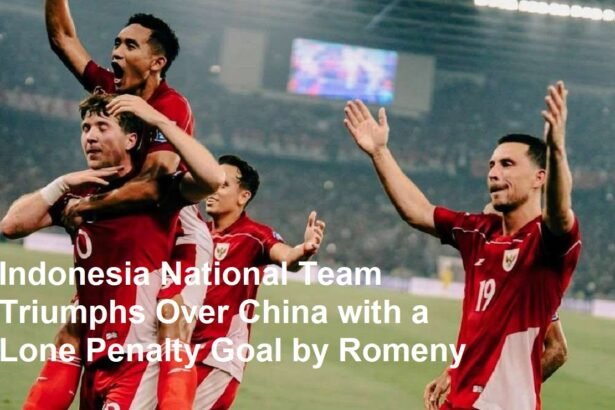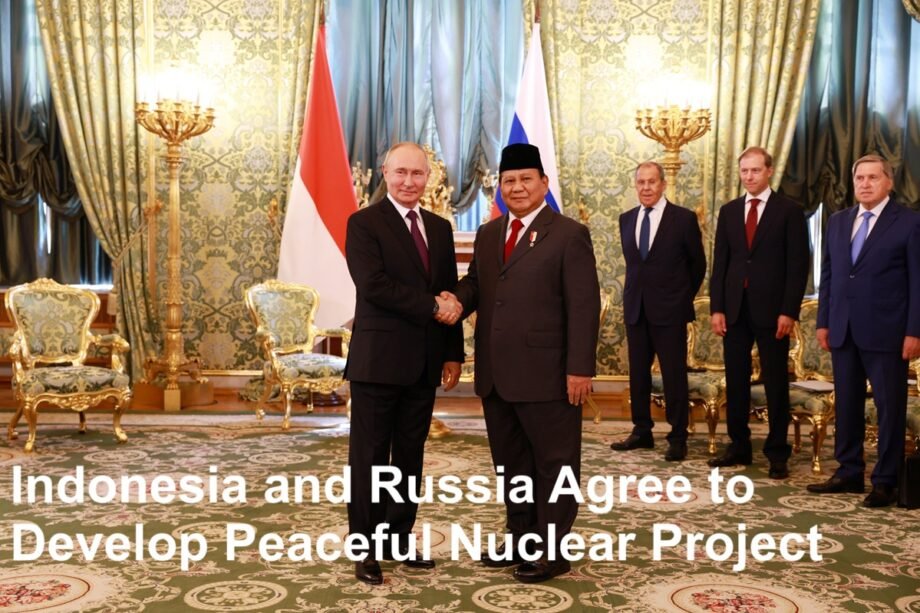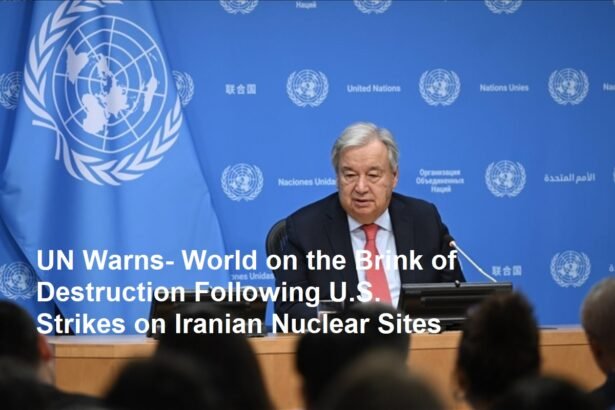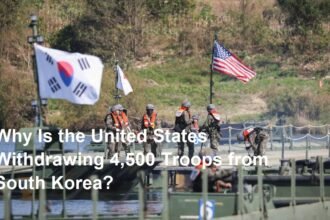Introduction
On June 18, 2025, Indonesian Minister of Defense Prabowo Subianto met with Russian President Vladimir Putin in St. Petersburg in a significant diplomatic engagement that could reshape Indonesia’s energy and technological future. The two leaders reached an agreement to jointly develop a peaceful nuclear project in Indonesia, signaling a new era of bilateral cooperation focused on sustainable growth and energy security. This article will delve into the details of their meeting, the implications of the nuclear project for Indonesia, and the broader geopolitical significance.
Historic Meeting Between Indonesia and Russia
The summit between Prabowo Subianto and Vladimir Putin marks a milestone in Indonesia-Russia relations, showcasing the deepening trust and partnership between the two nations. The discussions covered a variety of strategic topics, with an emphasis on peaceful nuclear energy development as a means to support Indonesia’s growing energy demands while adhering to international safety and environmental standards.
This collaboration reflects Indonesia’s ambition to diversify its energy resources and enhance scientific technology, with Russia providing expertise and technological support for nuclear energy projects.
The Peaceful Nuclear Project in Indonesia
A key outcome of the meeting was the agreement to jointly develop peaceful nuclear technology tailored to Indonesia’s energy requirements. This project focuses on safe, sustainable nuclear power that aligns with global standards to provide clean energy, reduce carbon emissions, and support Indonesia’s long-term economic growth.
Key features of the project include:
- Deployment of modern, safe nuclear reactors designed for Indonesia’s energy needs.
- Technology transfer programs and capacity-building initiatives.
- Collaborative research on nuclear safety and waste management.
- Support for agricultural and industrial applications benefiting from nuclear technology.
This project aligns with Indonesia’s commitment to sustainable development and energy security, marking a strategic pivot towards clean energy alternatives.
Geopolitical and Economic Implications
The Indonesia-Russia nuclear partnership has notable geopolitical and economic implications. For Indonesia, it signifies a commitment to a technologically advanced and environmentally responsible energy future, expanding beyond traditional fossil fuels.
For Russia, the initiative strengthens its strategic influence in Southeast Asia and underscores its role as a global leader in nuclear technology exports. It also fosters stronger bilateral ties amid a competitive global landscape where technological partnerships play a key role in diplomatic relations.
Benefits for Indonesia’s Agriculture and Industry
Beyond energy, nuclear technology can support Indonesia’s agricultural sector, improving crop yields through irradiation techniques that enhance food safety and extend shelf life. The technology will also have applications in industrial sectors, improving efficiency and sustainability.
This collaboration thus extends benefits beyond the energy sector, reinforcing Indonesia’s holistic approach to leveraging modern technology for national development.
Conclusion
The meeting between Prabowo Subianto and Vladimir Putin sets the stage for a transformative Indonesia-Russia partnership centered on peaceful nuclear technology. This historic agreement promises to bolster Indonesia’s energy security, support sustainable development, and expand technological cooperation between the two nations.
As Indonesia embarks on this groundbreaking project, the global community will be watching closely how this collaboration influences regional stability, technology transfer, and economic growth in Southeast Asia.









